Section A: Historical Background
England, Scotland, Wales, and Northern Ireland each have their own distinct past and contributions to what is commonly recognized as UK culture today. The history of the United Kingdom is a rich tapestry that weaves together the narratives of these four countries.
Throughout the course of this history, not only have invasions, revolutions, and innovations influenced the political landscape of the region, but they have also influenced the cultural identity of the region.
The legal systems, languages, literature, art, architecture, and societal conventions of the United Kingdom continue to bear witness to the historical and cultural evolution of the country, which was shaped by a variety of civilizations and historical periods alike. Beginning with the legal and political institutions that were passed down from the Roman and Anglo-Saxon periods and continuing on to the literary and artistic traditions that were created throughout the Renaissance and beyond, each period has contributed layers to the intricate cultural tapestry that is the United Kingdom.
1. Prehistoric to Roman Britain
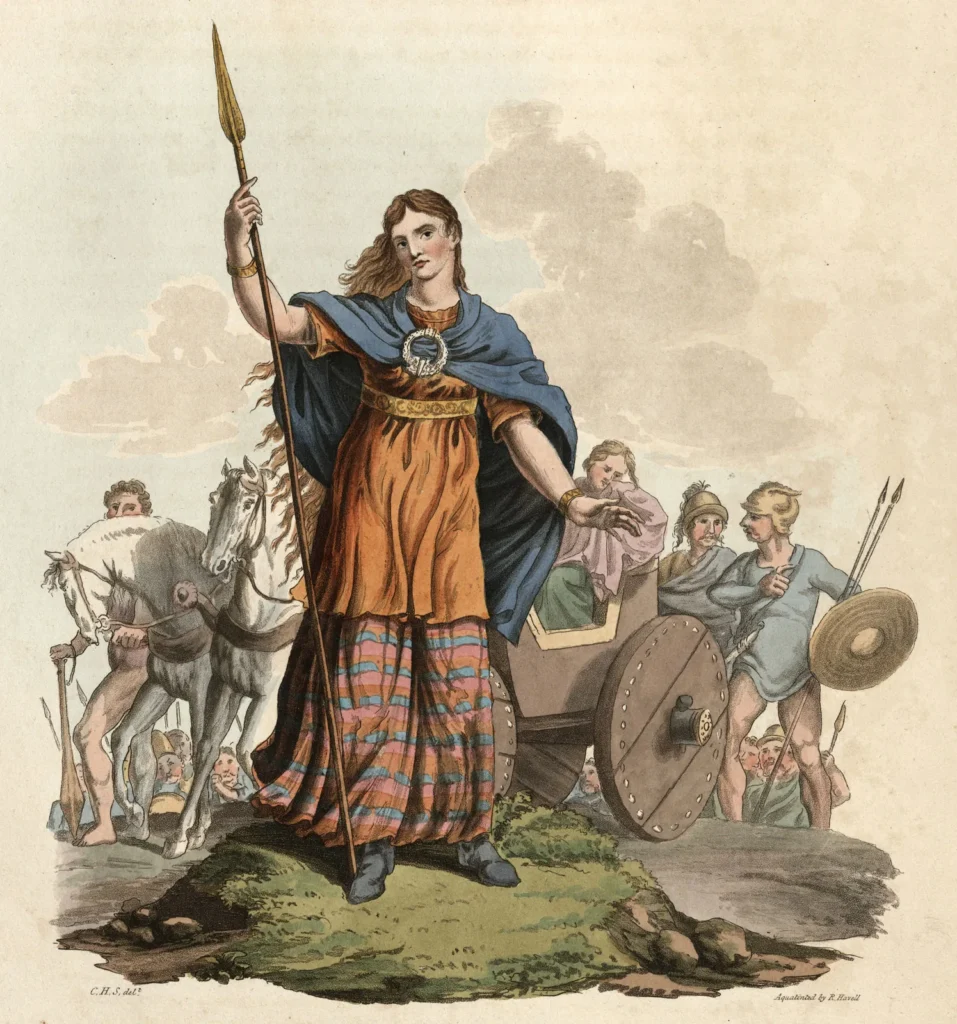
Stonehenge and other prehistoric monuments in the United Kingdom serve as silent witnesses to the country’s ancient societies. The history of the United Kingdom begins long before written records were created. A permanent imprint was left on the environment and culture of Britain as a result of the Roman conquest that took place in 43 AD. Roman law, architecture, and roads were adopted at this time. They also introduced Christianity, which would go on to form an essential part of the culture of the United Kingdom.
2. The Anglo-Saxons and the Vikings

Many waves of Anglo-Saxon invasions occurred in Britain after the Romans withdrew from the region. These invasions brought with them new languages, social systems, and artistic forms. In particular, the Viking invasions and settlements in the north and east of England were responsible for the introduction of Norse culture. This culture had a significant impact on the language, the law, and the place names that are still in use today.
3. Medieval Period and the Norman Conquestbegan
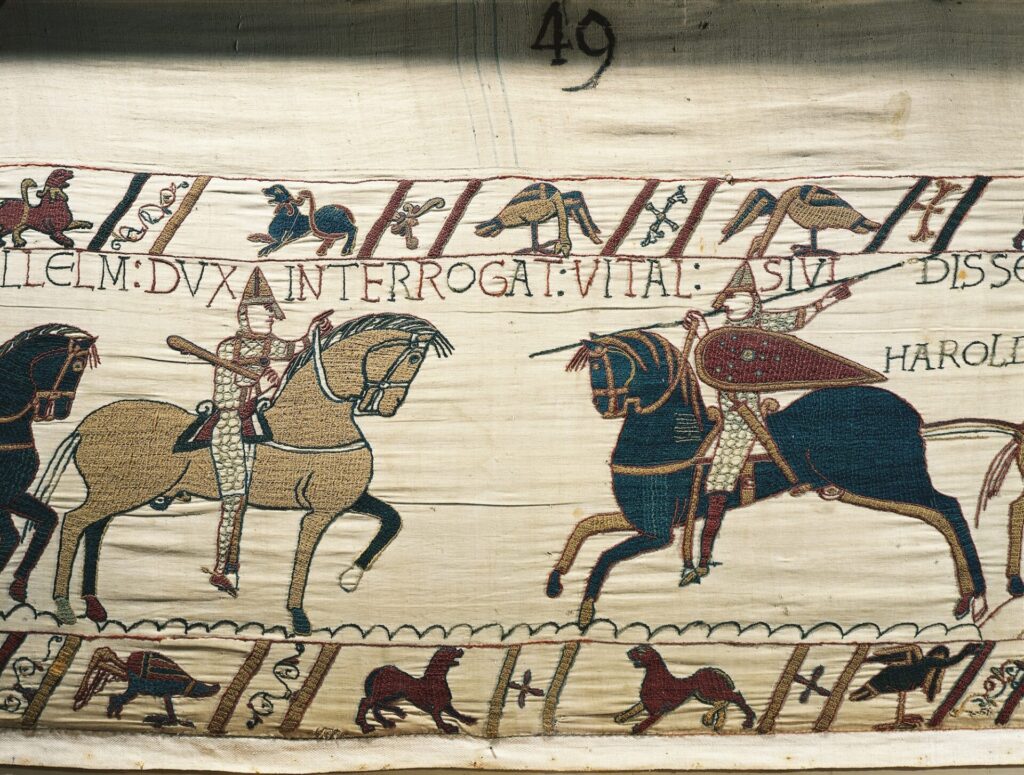
The Norman Conadditionalfurther event that occurred throughout the Middle Ages was the signing of the Magna Carta, which served to restrict the power of the king and establish the foundation.
4. Renaissance to Enlightenment

In the latter half of the 15th century, the Renaissance arrived in the United Kingdom, which resulted in a flourishing of culture that included the likes of Shakespeare and Marlowe. There were important religious shifts that occurred during the Reformation and the foundation of the Church of England under Henry VIII. These changes would have repercussions that would be felt throughout the ages. During the Enlightenment period, intellectual and industrial breakthroughs were further propelled, which helped to solidify the United Kingdom’s position as a participant in the scientific revolution and the beginning of the Industrial Revolution.
5. Empire and the World Wars
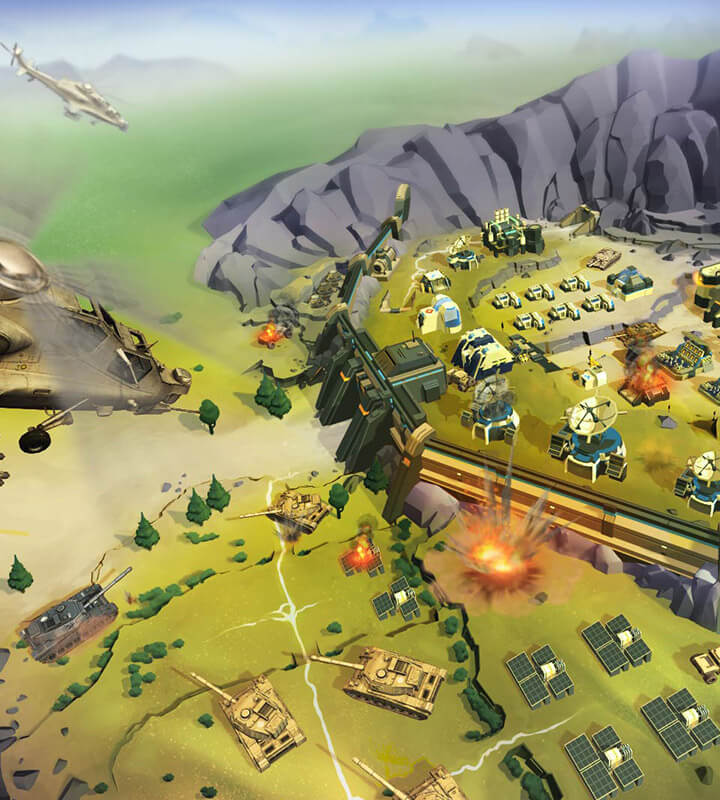
When it was at its height, the British Empire had a significant impact on cultures all over the world. As a result, the United Kingdom became a global power and was exposed to different cultures. Both the social, political, and economic fabric of the nation were significantly altered as a result of the devastating impact that the World Wars of the 20th century had. Following World War II, the United Kingdom saw profound social transformations and the establishment of the welfare state.
6. Modern Era
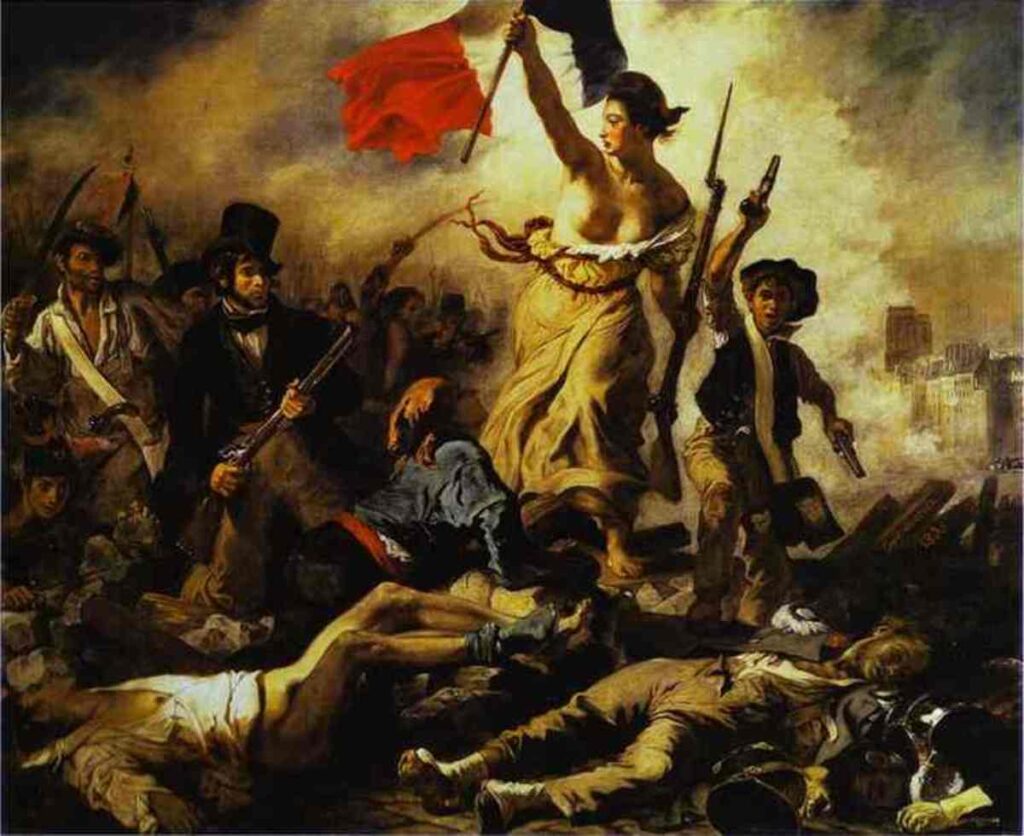
Decolonization, fast social and technological transformation, and a growing presence on the world stage have been the defining characteristics of the later half of the 20th century and the early 21st century, respectively. The cultural landscape has been reshaped as a result of immigration from Commonwealth countries, which has resulted in the introduction of a great range of traditions, foods, and arts that have ultimately become an intrinsic part of contemporary British culture.
Section B: Culture
The United Kingdom is home to a culture that is just as varied as its geographical features. The United Kingdom is a tribute to the enduring legacy of its history and the dynamic pulse of its present. From the craggy highlands of Scotland to the gentle valleys of Wales, the lush farmland of Northern Ireland to the bustling streets of England’s cities, the United Kingdom is a testament to all parts of its landscape.
There are centuries-old castles that coexist with modern architectural marvels in the United Kingdom, and traditional festivals are celebrated with the same fervor as contemporary art displays. This is an example of how the culture of the United Kingdom is a complicated blend of ancient practices and cutting-edge innovation.
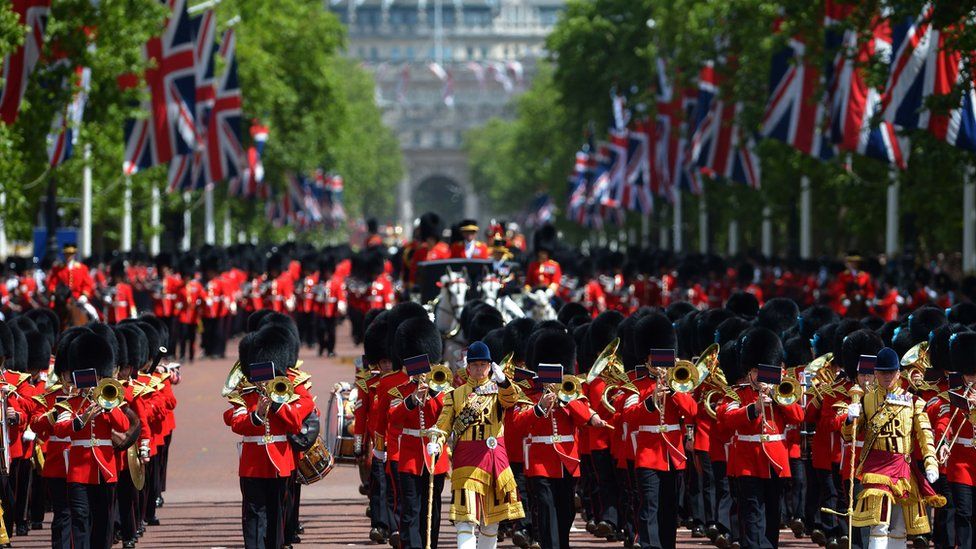
History, which is a narrative that is filled with victories, creativity, and evolution, serves as the foundation of the culture of the United Kingdom. This land has been a witness to the rise and fall of empires, the emergence of democracy, and the flowering of the Industrial Revolution; each of these eras has contributed layers to the cultural identity of the United Kingdom. The cultural and historical variety of the United Kingdom is not merely a relic of the past; rather, it is a real, breathing component of everyday life that has an impact on everything from the legal system to the architecture.
There is a wide range of traditions in the United Kingdom, each of which is characterized by its own distinct set of practices and festivities. A look into the complex legacy of the United Kingdom can be gained through participation in traditional practices such as the Highland Games in Scotland and the Eisteddfod in Wales. Whether they are observed through dancing, music, or ceremonial ceremonies, these traditions are an integral component of the cultural fabric of the United Kingdom, serving to connect generations and communities.

The United Kingdom’s culinary landscape is a story of cultural fusion and ingenuity through the lens of its culinary landscape. The influence of cuisines from all over the world has had a significant impact on British food over the course of several centuries. British cuisine is typically characterized by its straightforward simplicity and its emphasis on natural, high-quality ingredients. At present, the food scene in the United Kingdom is a reflection of the global society that exists within the country. In this country, traditional dishes like fish and chips coexist with a wide variety of other cuisines, which exemplifies the country’s willingness to embrace diversity and change.
The United Kingdom is a country that has produced some of the most well-known musicians, artists, and writers in the world. Therefore, the arts have flourished in the United Kingdom. From the plays of Shakespeare and the literary masterpieces of British Romanticism to the ground-breaking works of current British artists, the United Kingdom has made a significant contribution to the arts; this contribution is tremendous. The continued success of music, literature, and the visual arts can be attributed to a regard for tradition as well as the unrelenting pursuit of innovation.
Modern-day United Kingdom In life, there is a fusion of the old and the contemporary, where the celebration of ancient traditions is combined with contemporary sensibilities. The past is not merely remembered in the United Kingdom; rather, it is lived and breathed alongside the most cutting-edge fashion, technology, and cultural trends to be found today. An experience that is distinctively British is produced as a result of this, one in which a reverence for history and tradition coexists with an unrelenting drive toward development and inclusiveness.